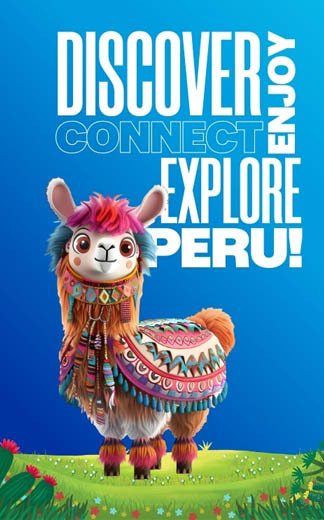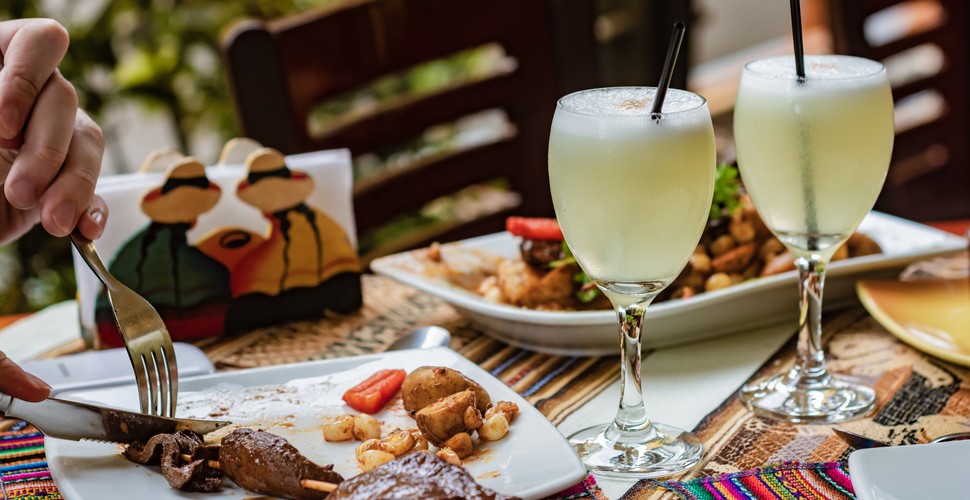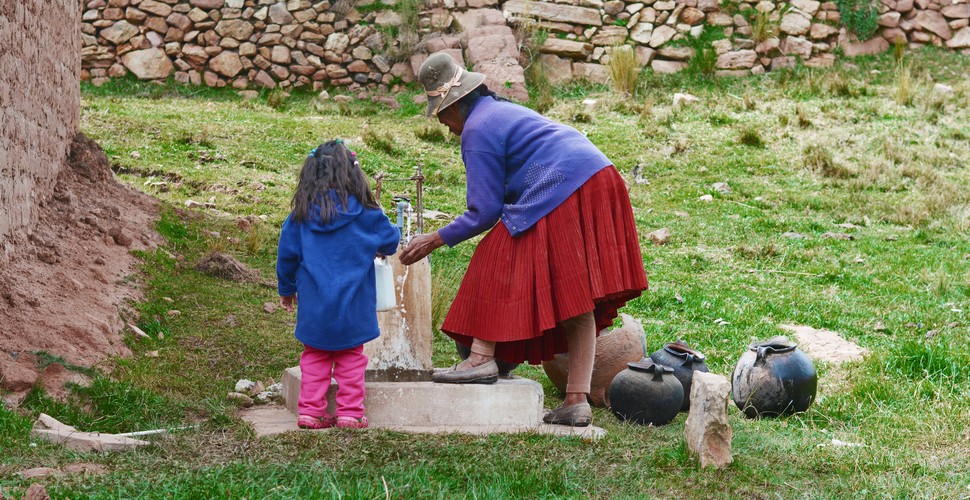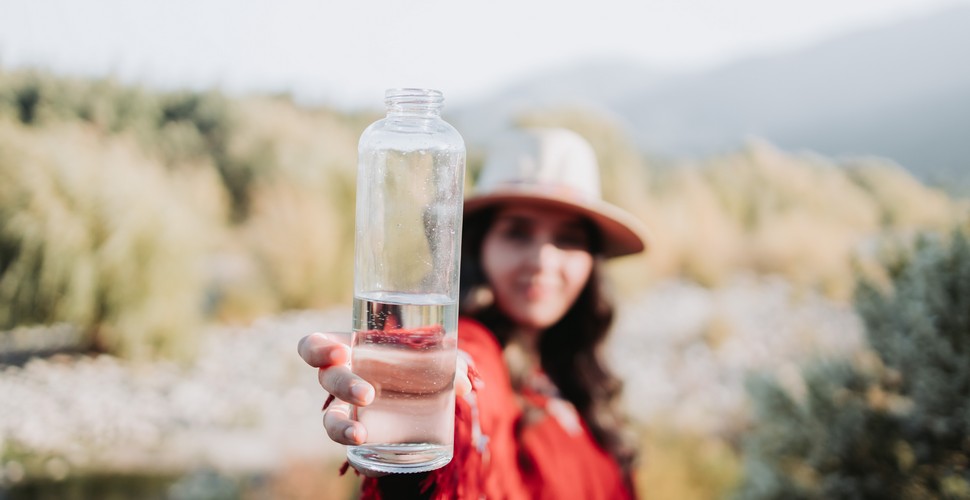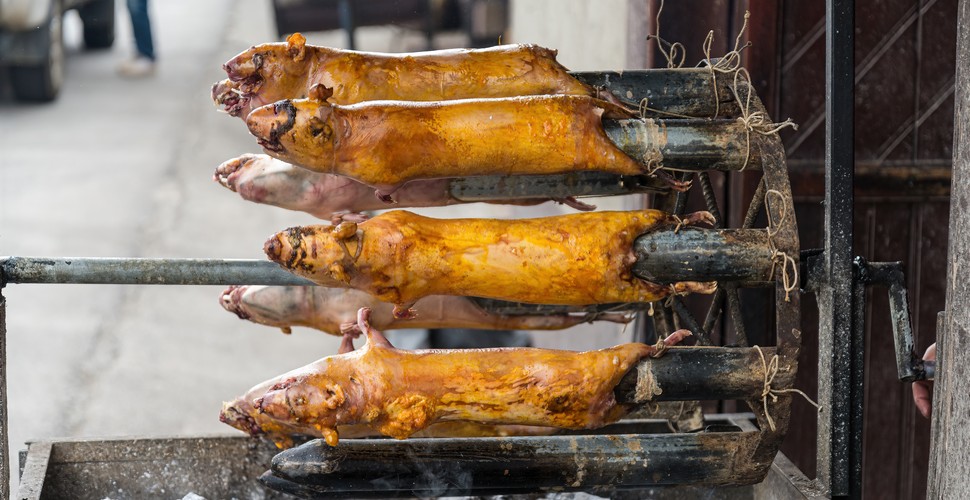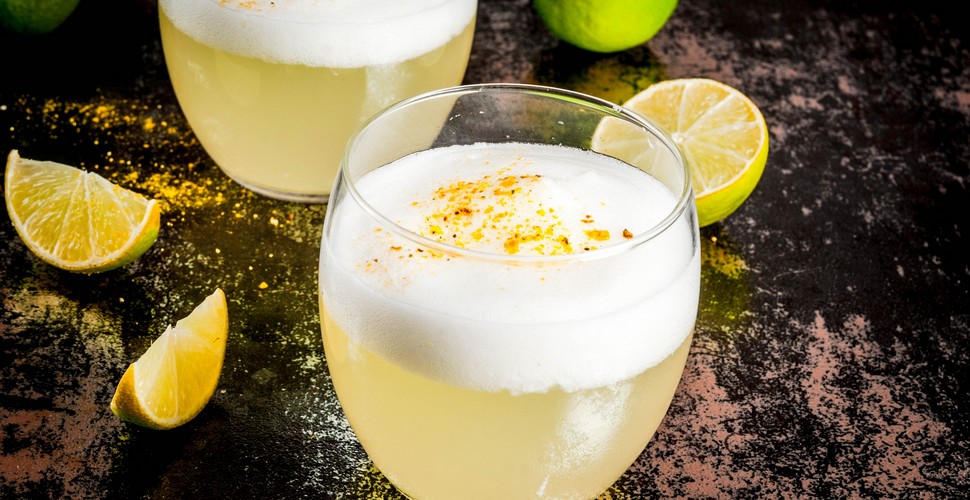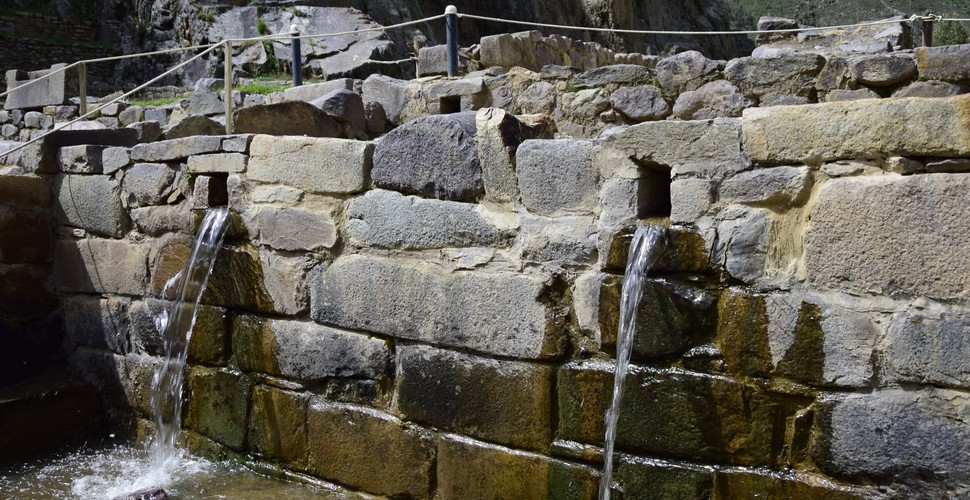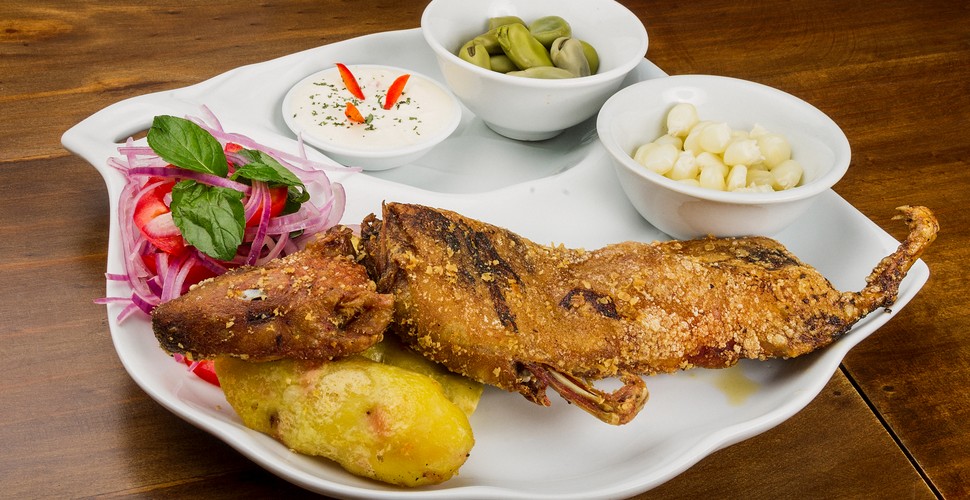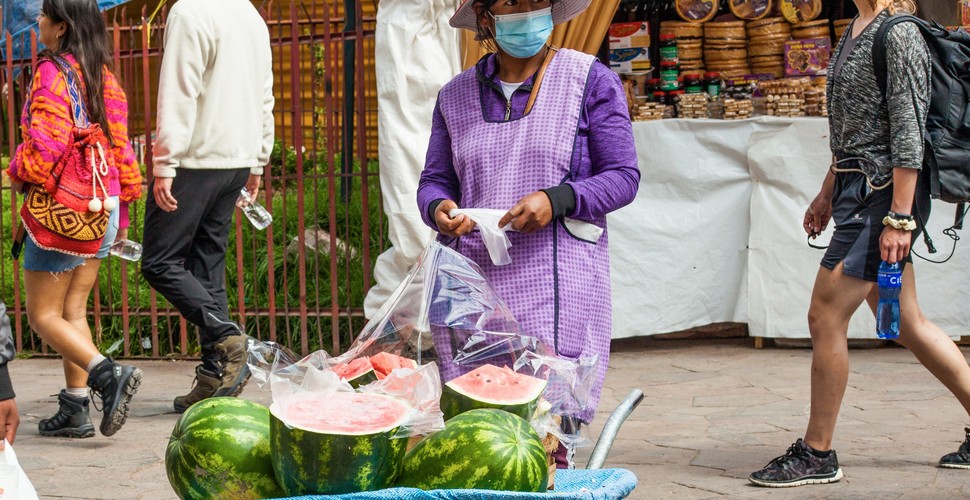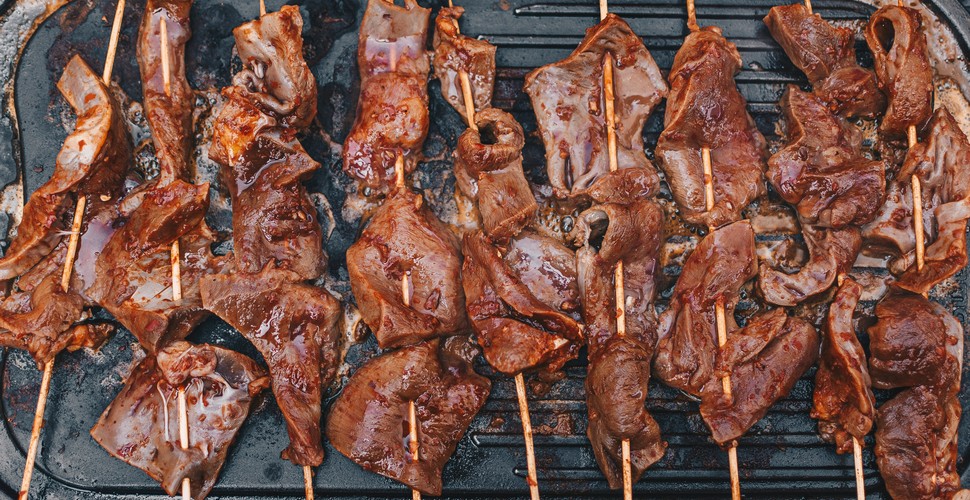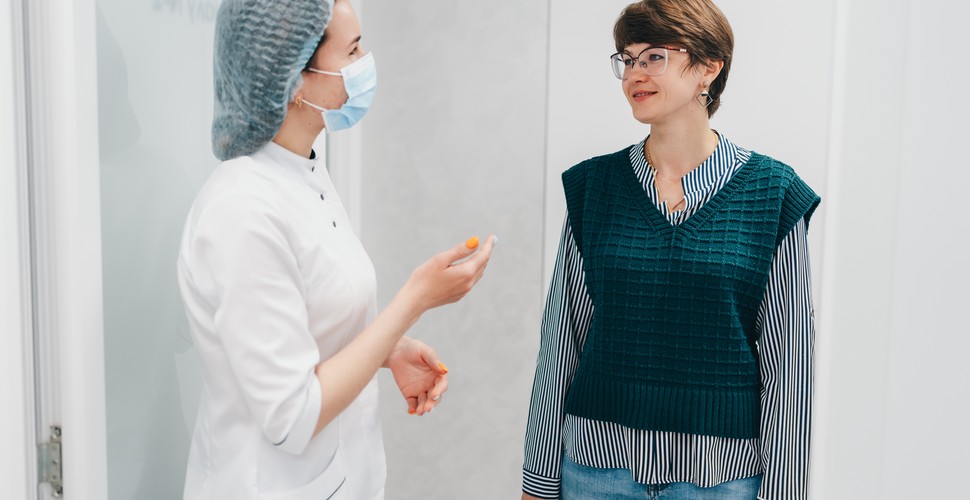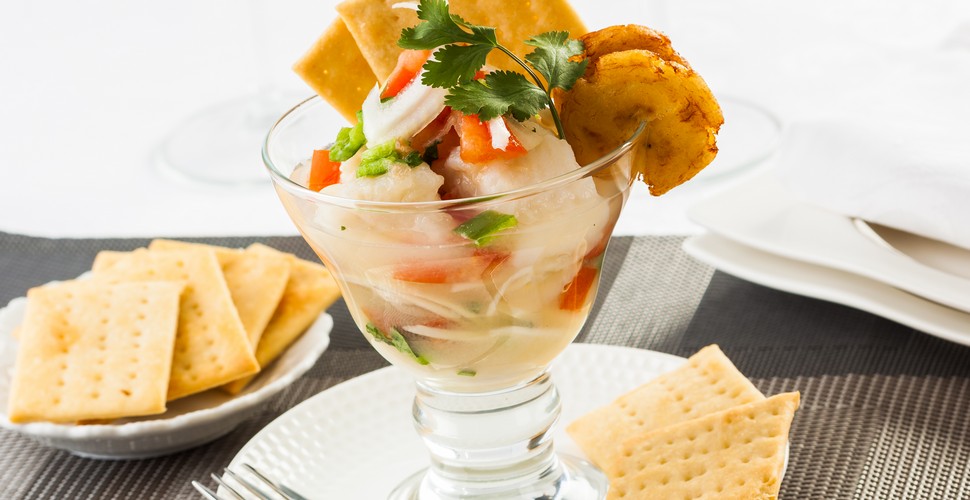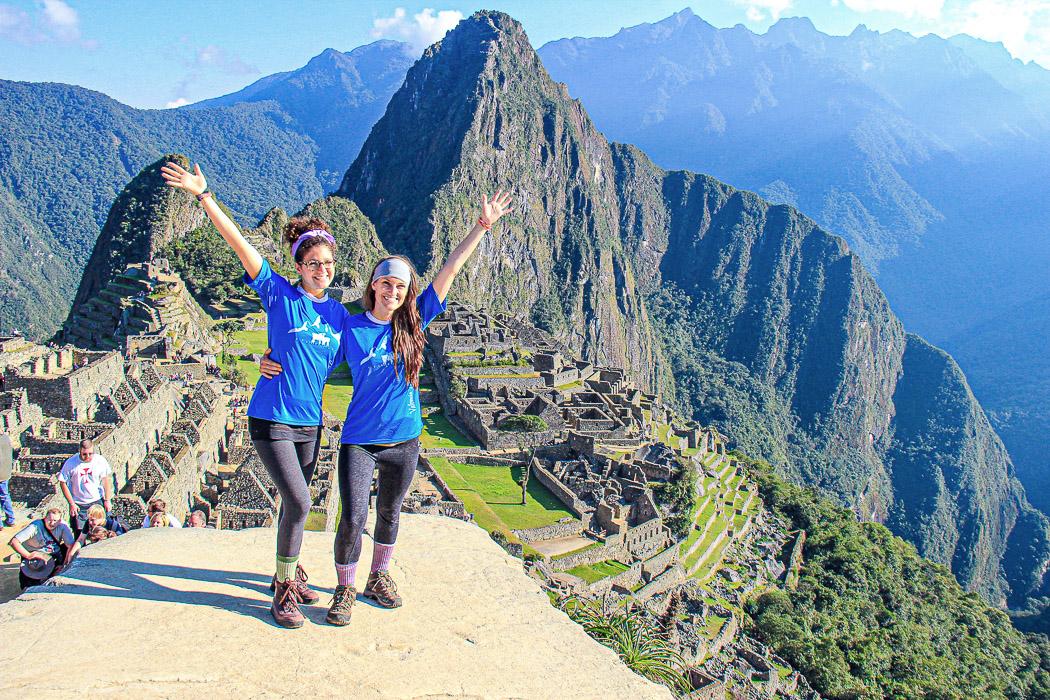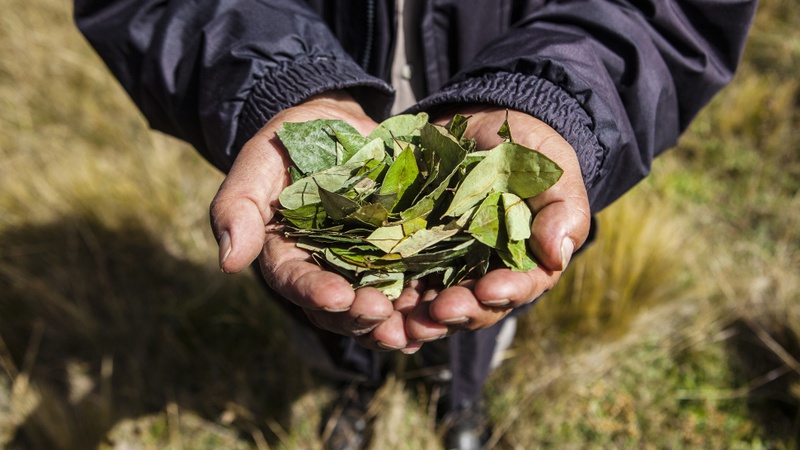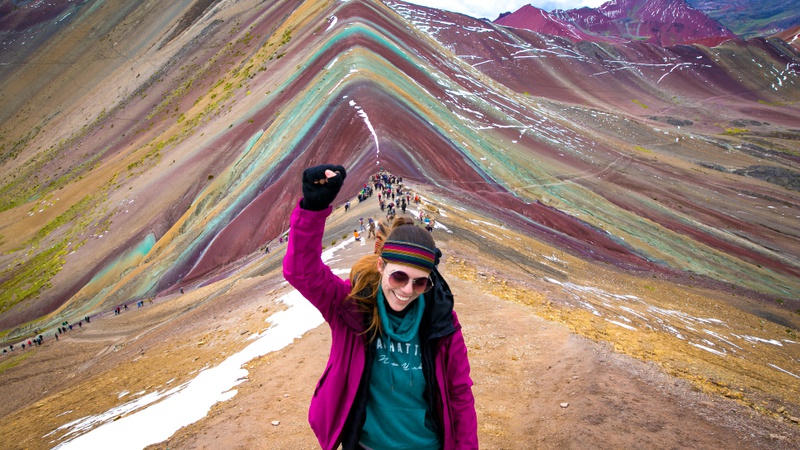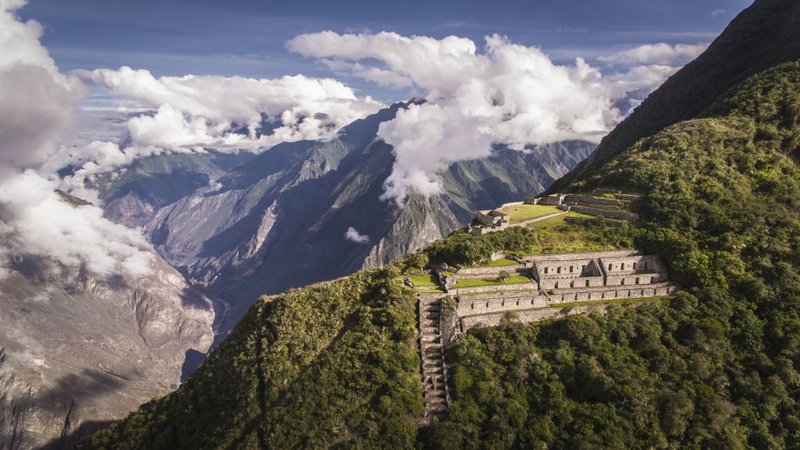

Claire Dean
Travel in South America is a joy to behold. The rich variety of destinations, experiences, landscapes and geography fascinated me so much, that I chose to relocate here, over 20 years ago! The best thing I ever did! Allow me to share my knowledge and passion for Central and South America with you and help you plan your holiday of a lifetime!

Tips to avoid food poisoning in Peru.
Written by:Claire Dean
Last Update: 2025-01-10
Almost everyone who has been to Peru experienced tummy troubles at some time. Yes, it's practically unavoidable, but if you are careful about what you eat and drink, you can avoid stomach issues affecting your trip to Peru. There's nothing worse than spending lots of time planning for a trip and saving money to enjoy your trip of a lifetime, only to get sick once you're there. Knowing a thing or two about what to and what not to do can save you a lot of headaches (literally!) on your trip. Here are some tips to avoid food poisoning in Peru.
Pisco Sour and Anticuchos
Is it food poisoning or altitude sickness?
Please note some food poisoning symptoms can be the same as altitude sickness symptoms, and because cities such as Cusco are more than 3000 (11,000 feet) in altitude, you're likely to experience one or the other. These shared symptoms and the signs of food poisoning include diarrhea, vomiting, and nausea, so if you're experiencing any of the above, there's a chance it could be altitude sickness, not food poisoning. It's tough to tell, so it is always best to visit a clinic or see a doctor if you're feeling pretty bad.
Andean Water Supply
Is it safe to drink tap water in Peru?
In a nutshell - NO! Tap water can contain bacteria and parasites that can make foreigners sick because we are not accustomed to them. Especially in rural areas, you cannot guarantee the source of the water and how it has been treated. (see tips below).
Fresh Water Supply
Is it safe to eat street food in Peru?
Generally, if the food is cooked and still hot, then it's okay. However, be wary of anything left out in the sun for a long time. Just because something is frozen does not mean it's safe, and freezing does not kill bacteria as heat does. So, that ice cream from a street vendor, though tempting and often delicious, is probably not the safest thing to eat.
Guinea Pig al Palo
What about Pisco Sours?
Pisco Sours, a famous Peruvian alcoholic beverage, serve up a double whammy of potential bacteria: They contain ice AND raw egg. So, drink them with caution. Always ask the establishment if they use ice from purified water (agua purificada). As for the egg, well, as we all know, raw egg always comes with the risk of salmonella. I don't mean to scare you, though. I had more than a couple of Pisco Sours in Cusco, which are tasty!
Pisco Sours
Tips To Avoid Food Poisoning Symptoms
Do NOT drink the tap water.
The number one cause of food poisoning is drinking tap water. You definitely should not do this. Do NOT even brush your teeth with it! Why? Certain bacteria (and maybe even parasites) in the water do not get cleaned to our country's safety standards. Even the locals typically do not drink straight from the tap, and most people boil the water first. If they do, however, they usually do not get sick because they have grown up there and developed immunity. Some travelers will, for example, brush their teeth in the water with no food poisoning symptoms; however, others can become violently ill (stomach cramps and vomiting) after brushing their teeth with the local tap water.
Water at Tipon
If you're traveling to Peru for a short period, stick to bottled water, even for teeth brushing. Some people use a SteriPen because you can carry the small device around, stick it into a glass of water, and instantly sanitize it, making it safe to drink.
If you must use tap water, bring it to a boil for AT LEAST three minutes. Bringing tap water to a boil for at least one minute effectively kills most bacteria, viruses, and protozoa, according to the Centers for Disease Control and Prevention. However, it will not rid the water of other pollutants, such as chemicals. Three minutes will kill all bacteria; in high-elevation regions such as Cusco, water boils at a lower temperature. It should be cooked for longer than the standard recommended time.
Stick to hot, cooked foods or anything you can peel. Avoid raw items in general.
There's a common phrase that doctors tell you regarding food while traveling: boil it, cook it, peel it, or forget it! The reasoning behind this is proper cooking often eliminates harmful bacteria and parasites. Also, fruits covered in thick skin keep out bacteria.
Fried Guinea Pig
Avoid raw foods like salads or unpeeled fruits and vegetables. Eating veggies at restaurants that are cooked and hot and eating fruits that can be peeled after thoroughly washing with boiled/bottled water is best.
Always wash your hands.
This tip is a no-brainer and one you should use anywhere in the world ;). Finding soap is rare in many Peruvian bathrooms, so always carry some hand sanitizer.
Avoid street food.
Peruvians will tell you about the delights of "anticuchos" on the streets. One more if you are staying in Peru, it may be worth building up a resistance to certain germs, in which case eat away, but if you are on a 2-week vacation, for example, eating street food could seriously impact the time you have in the country. If you want to sample the fresh-squeezed juice from the market stands, ask for "Zumo" as this is pure fruit juice with no added water.
Watermelon Seller
Take Pepto Bismol as a prophylactic as a preventative measure.
Taking Pepto Bismol (the brand name for bismuth subsalicylate) may kill bacteria and reduce the risk of getting sick from food while traveling. A study conducted in Mexico in 1987 showed that taking two Pepto Bismol tablets four times a day reduced the risk of traveler's diarrhea by more than 60 percent! For more info about using Pepto Bismol as a prophylactic, check out these articles on WebMD.
Do your research before eating at a restaurant.
When traveling, eat only at restaurants frequented by many locals and tourists. Take a glance at the kitchen and where the food is kept. Ensure they use hygienic practices and that the food is adequately covered, heated, and refrigerated. While hygiene is generally not as strict as in western countries, Peru does have health inspections. Sometimes you'll see a restaurant closed with a notice hanging outside that they failed a health inspection. Whatever the case, always do your research before eating somewhere new. TripAdvisor reviews are always a good guide about restaurants in the part of Peru you visit. If you want to be extra safe, stick to foods that have been boiled, fried, or cooked in some way, and don't eat salads or anything that may have been washed with tap water. Stick to bottled drinks or hot beverages. Don't drink anything that has ice unless the restaurant uses purified water to make its ice. Don't be afraid to ask if they use purified water to wash their uncooked vegetables and fruits and to make ice. When in doubt, don't consume it.
Anticuchos de Corazon
What to Do If You Get Food Poisoning in Peru
Food poisoning is so common in Peru it's practically a rite of passage. You are certainly not alone. It's going to be okay. You'll probably experience diarrhea, nausea, vomiting, stomach cramps, and maybe even a fever. See a local doctor who will understand local bugs and common illnesses. In Peruvian clinics, you can get blood and stool tests done quickly to determine what kind of bacteria and parasites you have. Many people are afraid to go to the doctor in Cusco because they don't know how much it will cost and don't speak Spanish, but prices in Peru are relatively low, and you'll usually find someone who can speak English. Contact your travel insurance company to see what your insurance plan covers. You'll most of the time be prescribed antibiotics, such as Cipro, or antiparasitics, such as Flagyl. It may take a few days or weeks, but you should feel better soon.
Peruvian Clinic
Buen Provecho!
We hope all this talk about food poisoning in Peru doesn't make you avoid all food there. Peruvian food is one of the best cuisines in the world, so definitely get out there and try it! Even if you get sick, it's a widespread ailment that usually passes quickly.
Ceviche
Safe Travels!
